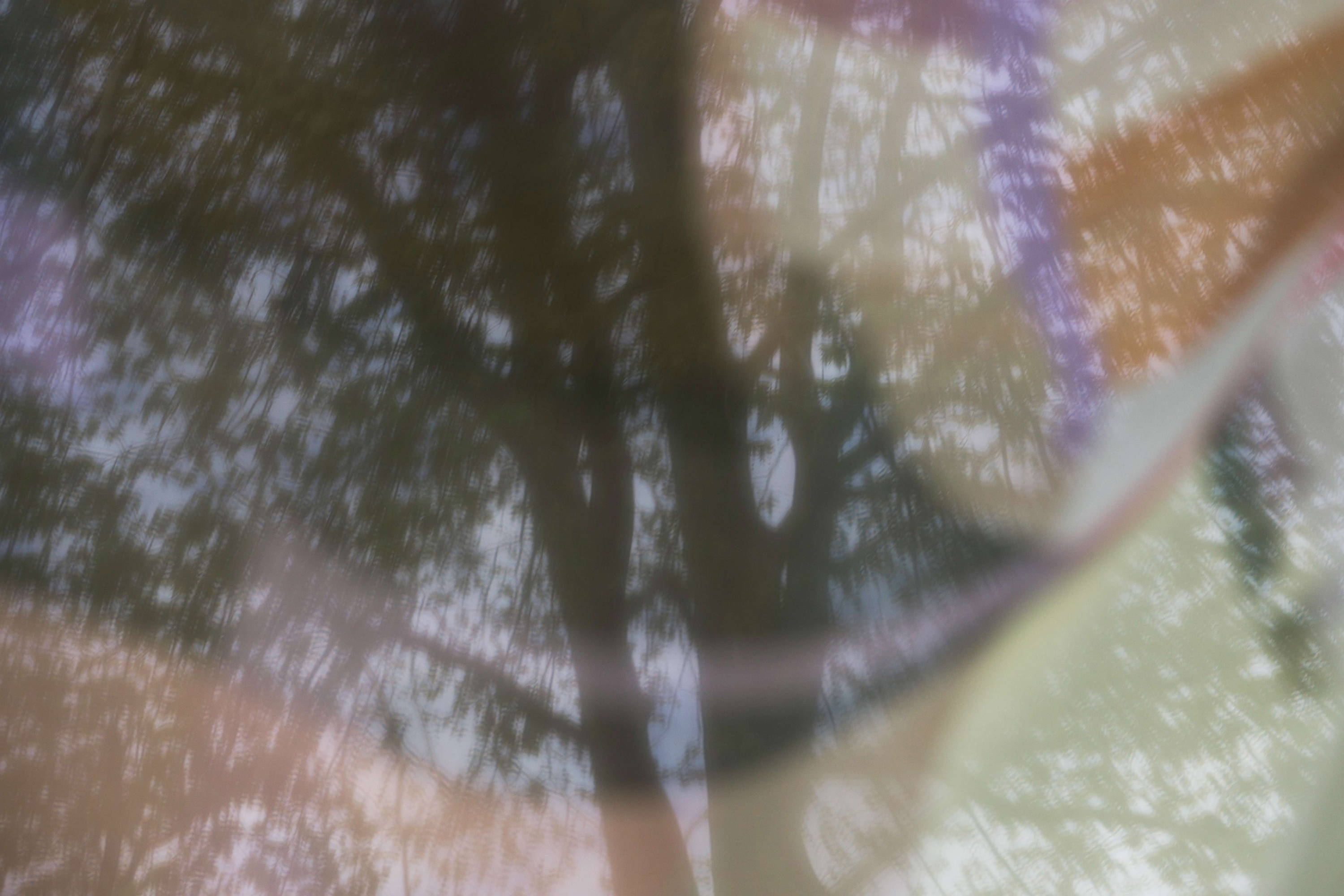Sustainability
We know that by making anything, we contribute to the impact of climate changeon our planet and communities. At les keepers, to take responsibility for our maker's mark, we have trialled methods of working to find solutionsfor reducing our carbon footprint. We are not saying we have all the answers or are perfect, but here are the decisions we have made to try to be as clean as we can be in the making of our products.
We also chose to work with materials that don't have a substantial environmental price tag. That begins with ourdecision to use organic cotton that is GOTS certified. This certification
The Soil Association reports that organic cotton can be grown using 91% less water than its non-organic counterpart. It also eliminates toxic pesticides and insecticides used in traditional cotton farming, where, it is estimated that growing requires 200,000 tonnes of pesticides and 8 million tons of synthetic fertilisers every year. According to research, pesticide use would drop by 98% if all farming was organic. In short, the more brands switch to organic cotton, the fewer pesticides and microplastics will be released into our environment.
The Soil Association also shares that 20% of global water pollution results from dyeing textiles. We do not wish to contribute to that statistic, so we print using inks that are OEKO-Tex certified* and water-based. The Monna Lisa machine used to print our tablecloths also has an Eco Passport certification for sustainability.
We are sure we will have to keep learning and adapting to new technologiesand discoveries, but we hope the steps outlined here will reassure you that we care.
Our tablecloths are made in the UK and designed to last and feel unique.
*OEKO-Tex signals'human-organic textile products' analysed for substances considered harmful to humans' health. They do not have a detrimental effect on human health, in other words.

Sustainability
We also chose to work with materials that don't have a substantial environmental price tag. That begins with our decision to use organic cotton that is GOTS certified. This certification means that as well as being organic, the cotton is non-toxic (more on this below), safe and made in an ethical environment - factories have met strict social and environmental criteria, working conditions are safe, and workers' rights are protected.
The Soil Association reports that organic cotton can be grown using 91% less water than its non-organic counterpart. It also eliminates toxic pesticides and insecticides used in traditional cotton farming, where, it is estimated that growing requires 200,000 tonnes of pesticides and 8 million tons of synthetic fertilisers every year. According to research, pesticide use would drop by 98% if all farming was organic. In short, the more brands switch to organic cotton, the fewer pesticides and microplastics will be released into our environment.
The Soil Association also shares that 20% of global water pollution results from dyeing textiles. We do not wish to contribute to that statistic, so we print using inks that are OEKO-Tex certified* and water-based. The Monna Lisa machine used to print our tablecloths also has an Eco Passport certification for sustainability.
We are sure we will have to keep learning and adapting to new technologies and discoveries, but we hope the steps outlined here will reassure you that we care.
Our tablecloths are made in the UK and designed to last and feel unique.
*OEKO-Tex signals 'human-organic textile products' analysed for substances considered harmful to humans' health. They do not have a detrimental effect on human health, in other words.
